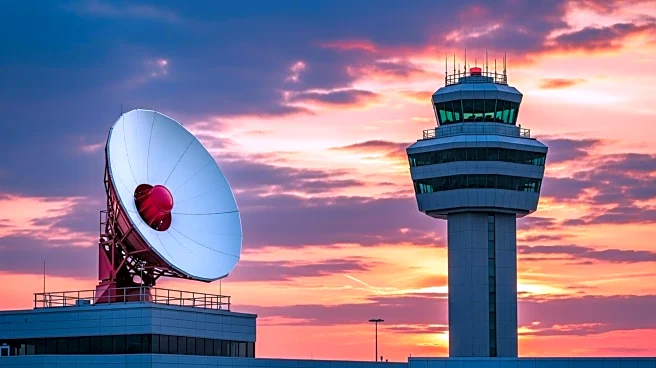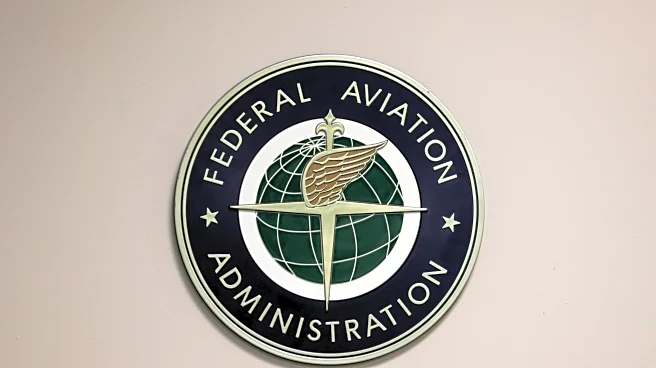What's Happening?
Collins Aerospace, a company providing check-in systems for airlines, experienced a cyberattack that disrupted operations at several European airports, including Heathrow, Berlin, and Brussels. The attack affected passenger processing systems, leading to significant flight delays and cancellations. At Heathrow Airport, 90% of flights were delayed, with 13 flights canceled on September 21. Brussels Airport asked airlines to cancel half of their flights scheduled for Monday due to the inability to provide a secure version of the check-in system. The UK's National Cyber Security Centre is collaborating with Collins Aerospace and law enforcement to assess the situation.
Why It's Important?
The cyberattack on Collins Aerospace highlights vulnerabilities in critical infrastructure, particularly in the aviation sector. The disruption has significant implications for passengers, airlines, and airport operations, causing economic losses and logistical challenges. It underscores the need for robust cybersecurity measures to protect essential services from such attacks. The incident may prompt increased scrutiny and investment in cybersecurity across the industry, as stakeholders seek to prevent future occurrences and mitigate risks.
What's Next?
Airports and airlines are working to restore normal operations, with Collins Aerospace actively addressing the system issues. Passengers are advised to check flight statuses and arrive early for departures. The incident may lead to policy reviews and enhanced cybersecurity protocols within the aviation industry. Stakeholders, including government agencies and cybersecurity experts, are likely to push for improved defenses against cyber threats to safeguard critical infrastructure.










